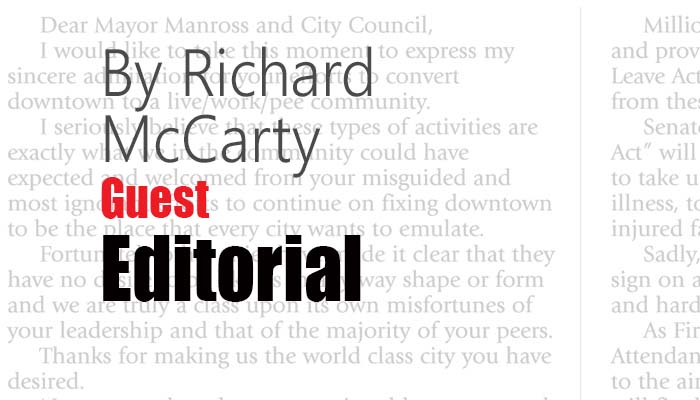President Donald Trump is keeping his promise to rein in the regulatory state and make it easier for individuals and businesses to comply with federal regulations.
According to the White House, the administration has cut 14 regulations for each significant regulation it has implemented. Just in the past few weeks, the Department of Health and Human Services and the Department of Agriculture have repealed regulations that would have cost the economy over $9.2 billion. Yet President Trump is not content to rest on his laurels. This past week, he signed two executive orders to increase transparency and fairness in the federal regulatory system.
The first executive order requires federal agencies to post guidance documents to “easily searchable websites” and requires that the public be consulted before guidance documents of utmost importance are issued.
The second executive order “prohibits agencies from enforcing rules they have not made publicly known in advance.” It also requires federal agencies to offer opinion letters to both individuals and businesses that request them to help them comply with the law. It might seem that such a policy should go without saying. However, under Obama, the Department of Labor refused to issue opinion letters, which was bad for businessowners trying to follow the law — but great for Obama’s lawyer buddies.
In its announcement of the executive orders, the White House included a couple examples of abuse by the regulatory state under Obama. One of the victims of this abuse was an elderly veteran who was incarcerated and heavily fined for building ponds to fight forest fires. The other victims were a family who faced millions of dollars in fines from the Environmental Protection Agency for creating a pond for their livestock. In the future, federal agencies will have to provide fair notice of alleged violations and allow time for people to respond.
Responding to the signing of the executive orders, Americans for Limited Government President Rick Manning stated, “After eight years of a Democrat Administration that had few job creators in senior positions, it is great having a job creator in the Oval Office. Unlike his predecessor, Trump understands the problems that red tape causes for businessowners and is determined to eliminate needless regulations that slow economic growth. Furthermore, these new executive orders will make regulatory enforcement — which is, too often, arbitrary and capricious — more reasonable and fair.”
Nor is Manning alone in his praise of Trump’s deregulatory record. The Vice President for Policy at the Competitive Enterprise Institute, Wayne Crews, studies the issue of federal regulation. Crews wrote, “Trump’s achievements on the regulatory liberalization front … still appear to have no equal among recent presidential administrations.” The President of American Action Forum, Douglas Holtz-Eakin, has called regulatory rollback “one of the least appreciated accomplishments” of Trump’s presidency.
One of the reasons that people support President Trump is because he is keeping his promises. Some of those kept promises include appointing conservative Supreme Court justices, approving the Dakota Access Pipeline, ending Obama’s “Clean Power Plan,” withdrawing the country from the Paris Climate Agreement, negotiating the United States-Mexico-Canada Agreement (USMCA) to replace the North American Free Trade Agreement (NAFTA), withdrawing the country from the Trans-Pacific Partnership, labelling China a currency manipulator, withdrawing the United States from the Iran “deal,” moving our embassy to Jerusalem, forgoing his presidential salary, and eliminating two federal regulations for each new one.
Now Trump is keeping his promise to rein in the administrative state.
President Trump has established an impressive record on deregulation, and these latest executive orders will further enhance that record. Supporters of good government as well as supporters of limited government should heartily applaud the Administration’s efforts to make the bureaucracy more responsive and to cut red tape.
Richard McCarty is the Director of Research at Americans for Limited Government Foundation.





